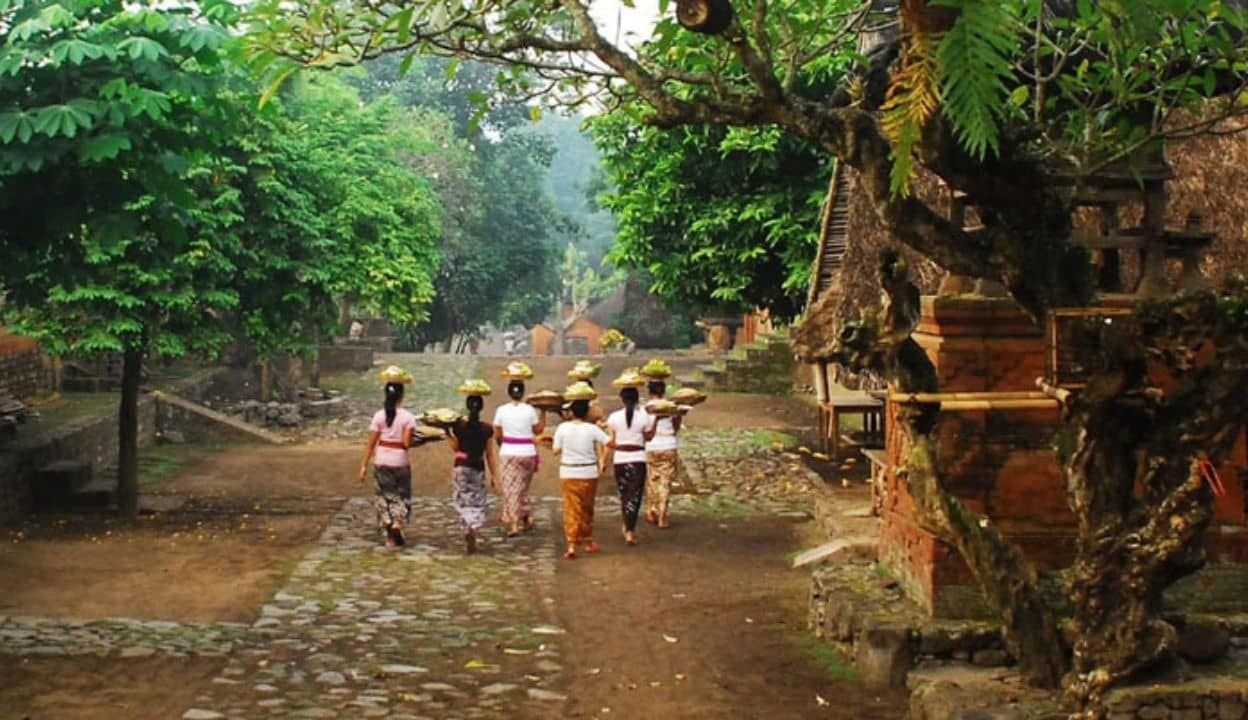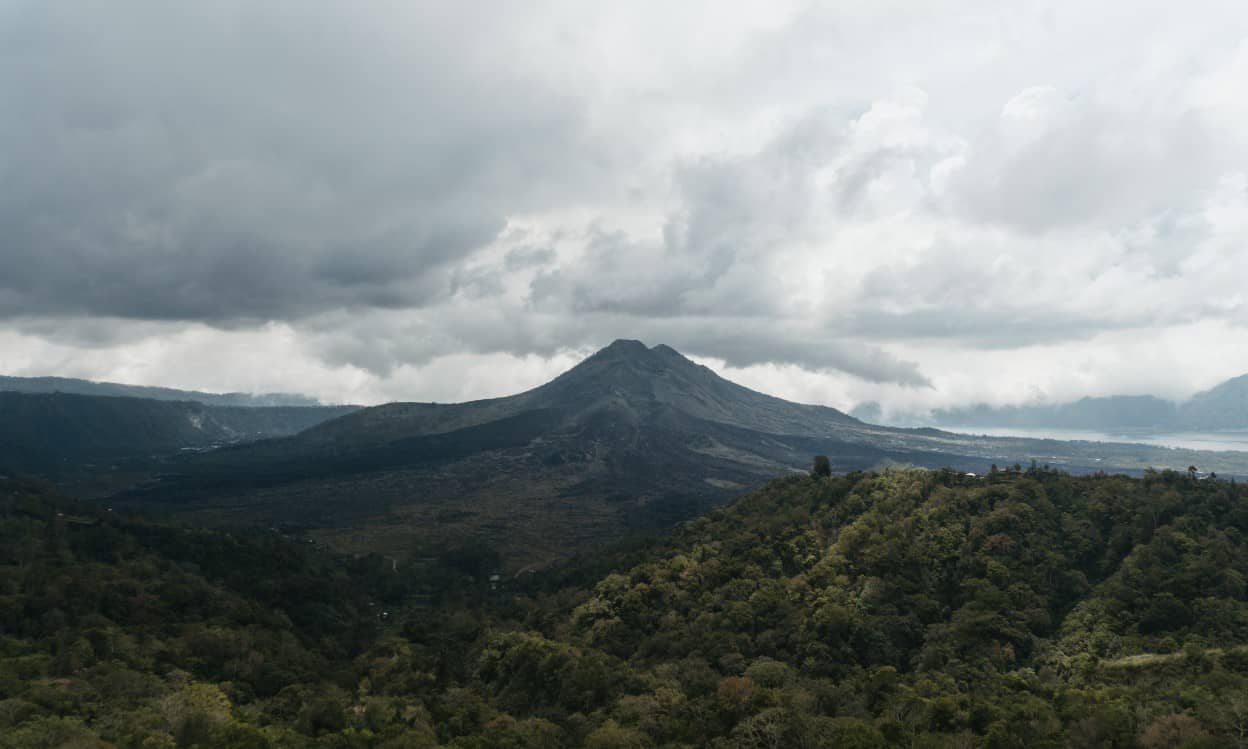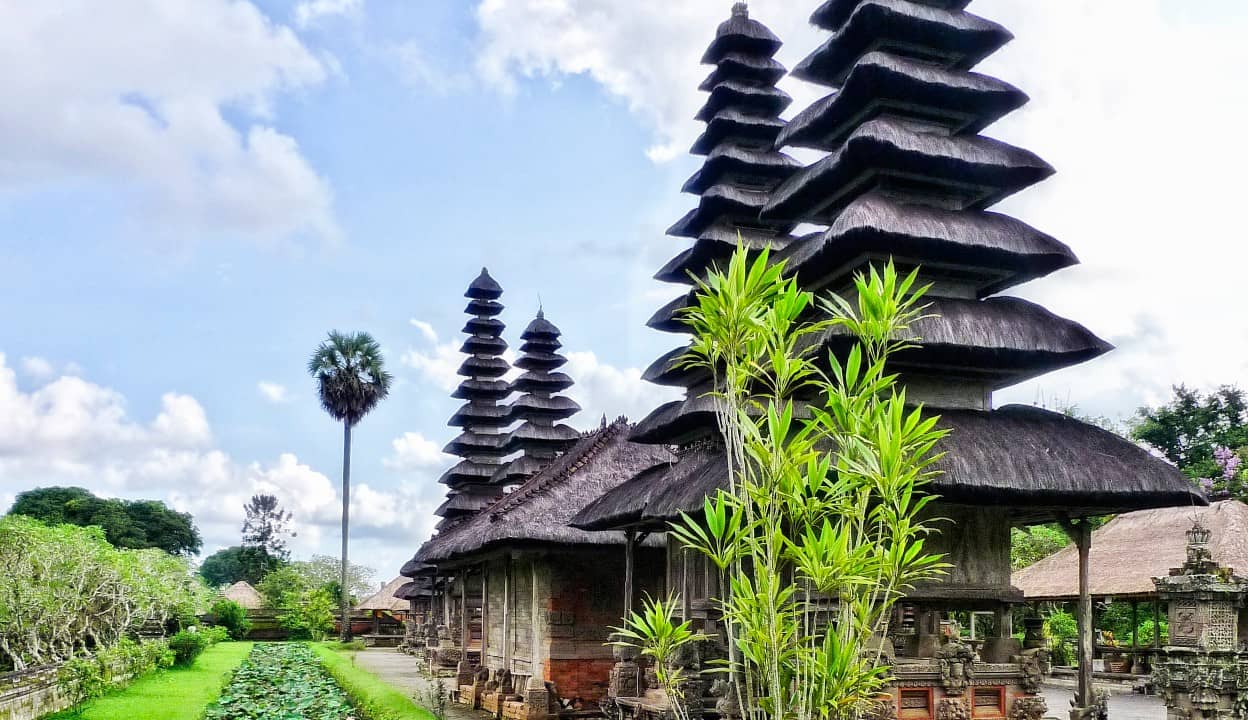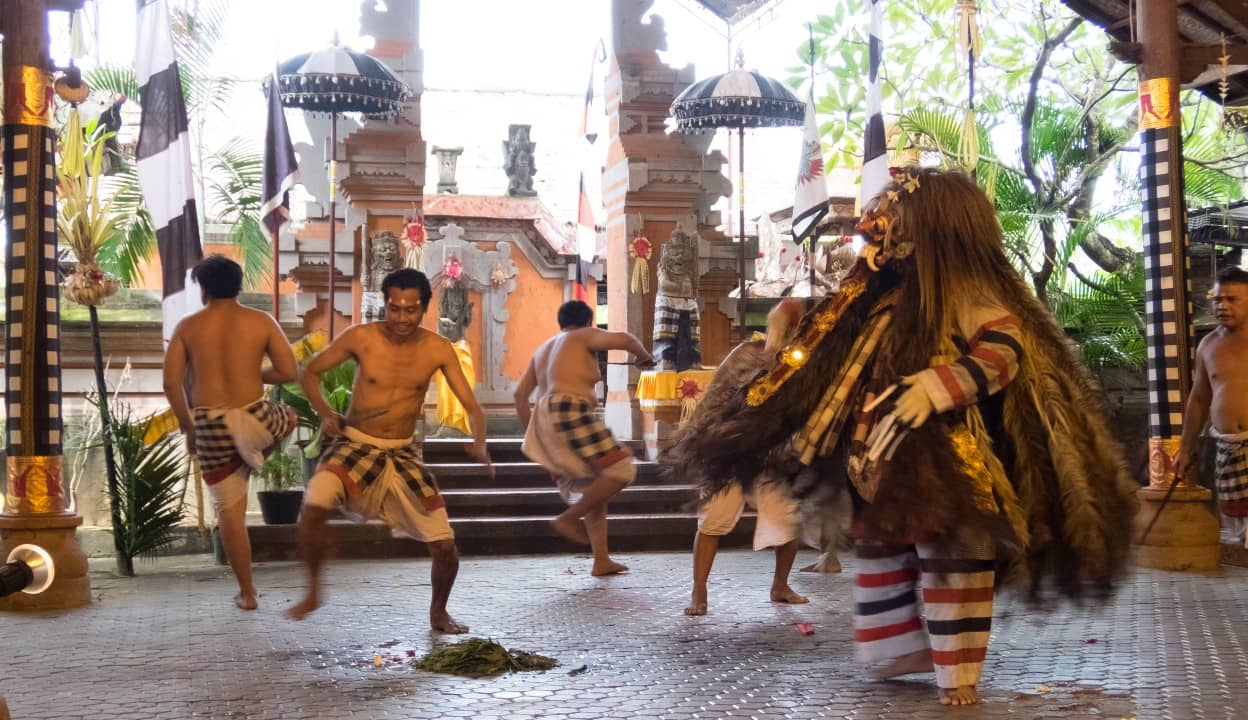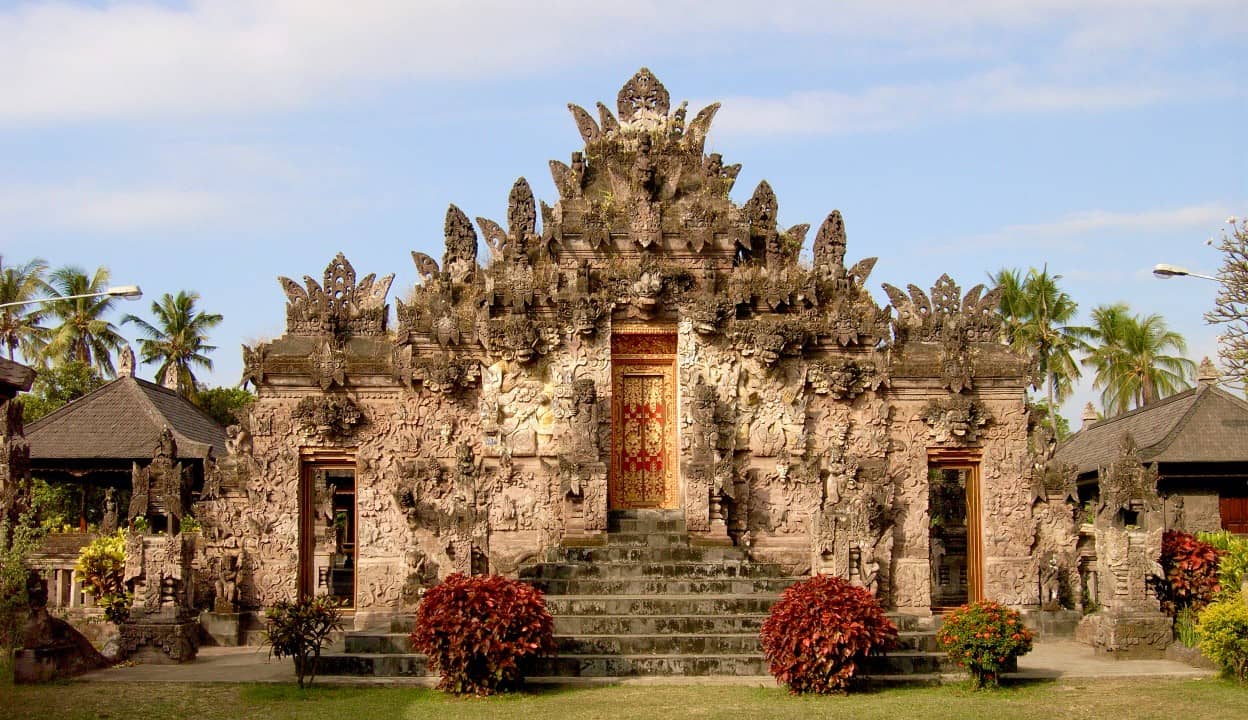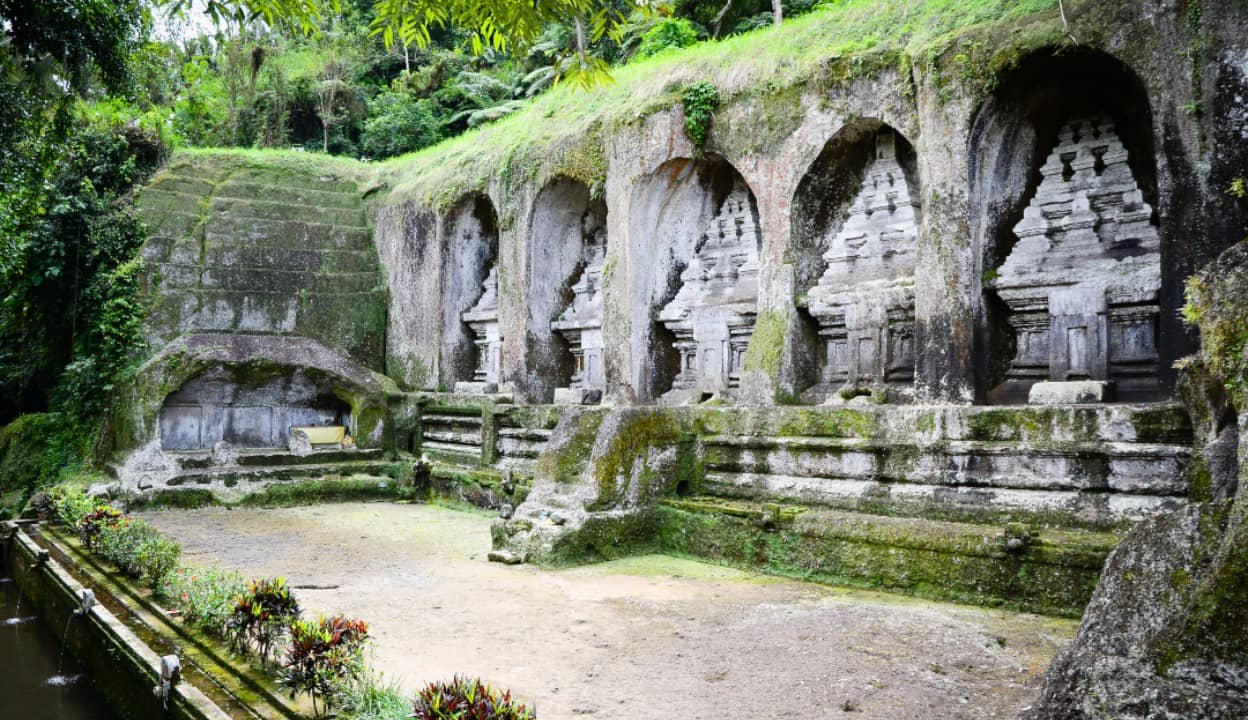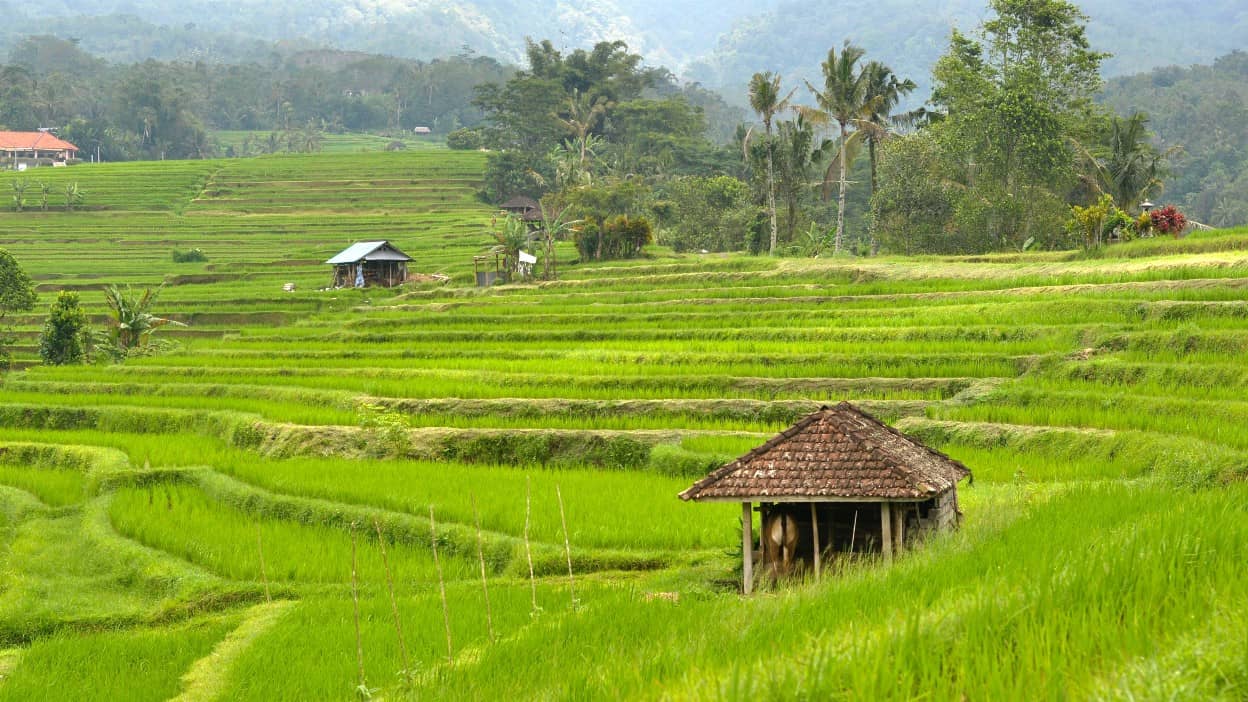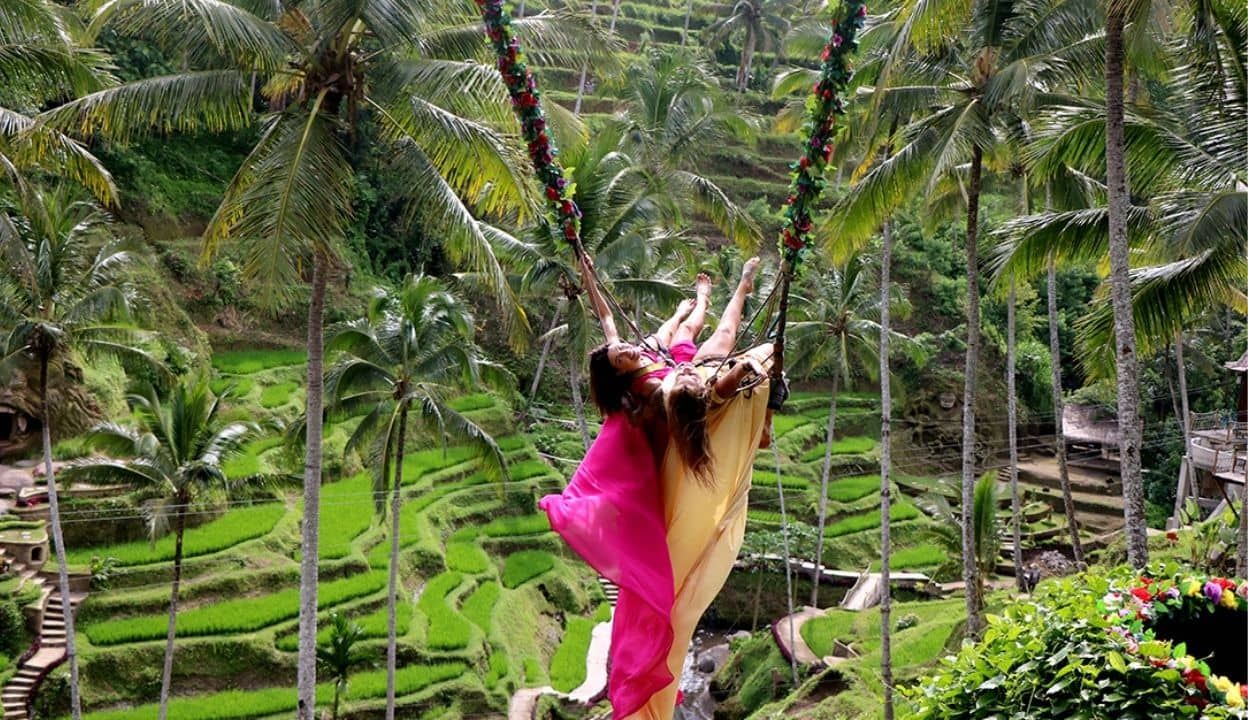Step Back in Time at Tenganan Village: A Living Legacy of Bali’s Original Culture
Info
Tenganan is a traditional village located in the Karangasem Regency in East Bali, Indonesia. It is one of the oldest and most well-preserved villages on the island. Tenganan is inhabited by the Bali Aga people, known as the original Balinese community that existed before the arrival of Hindu influences. The village maintains strict social rules and customs, which include traditional weaving techniques, unique ceremonies, and rituals that are not found elsewhere in Bali.
Description
Tenganan Village, located in the Karangasem Regency of East Bali, is one of the island’s most ancient and culturally rich communities. Known as a Bali Aga village, Tenganan is home to the indigenous people of Bali, who have preserved their unique customs, traditional practices, and distinct social structure for centuries. Unlike many other areas in Bali that have evolved with tourism, Tenganan remains largely untouched, providing a rare and authentic glimpse into the island’s pre-Hindu past.
A Living Museum of Bali’s Original Culture
Walking through Tenganan Village feels like stepping back in time. The village is characterized by its unique layout, with rows of traditional homes and meeting halls aligned symmetrically along stone pathways. The architectural style reflects the village’s commitment to preserving its heritage, with stone walls, wooden doors, and bamboo thatched roofs that have remained unchanged for generations. The community’s adherence to these traditional designs underscores their dedication to maintaining a way of life that honors their ancestors.
The Art of Geringsing: Bali’s Sacred Textile
One of the most notable aspects of Tenganan is its production of geringsing, a rare double ikat textile that holds spiritual significance within the village. The art of creating geringsing is a highly specialized and time-consuming process, passed down through generations. Each piece is meticulously handwoven, with patterns that are dyed into the threads before weaving, creating intricate designs that are believed to offer protection and bring good fortune. The textiles are often used in religious ceremonies and are considered sacred by the villagers.
For leaders and executives, observing the creation of geringsing offers a powerful lesson in patience, precision, and craftsmanship. It’s a reminder of the value of preserving traditional skills in a rapidly changing world, highlighting how heritage can coexist with modernity without losing its essence.
Rituals and Traditions: The Heartbeat of Tenganan
Tenganan Village is renowned for its vibrant traditional rituals and festivals, which play a central role in the community’s cultural life. Among the most famous is the Mekaré-Karé, a unique ritual combat event held annually. During this festival, men engage in friendly duels using thorny pandanus leaves as weapons, while the women of the village sing traditional songs to encourage the participants. This ritual is not just a spectacle but a demonstration of community strength, resilience, and the values of honor and respect that bind the villagers together.
The village’s commitment to preserving its rituals, such as the strict observance of ancient calendars and ceremonial practices, provides a valuable insight into how communities can maintain their identity in the face of external influences. For business leaders, this offers a perspective on the importance of upholding core values within organizations, even as they navigate the complexities of the modern world.
Sustainability and Community: A Model for Modern Leadership
Tenganan Village operates on principles of sustainability that have been in place for centuries. The community’s traditional farming practices, which include the cultivation of rice and the management of communal lands, reflect a deep respect for the environment and a commitment to sustainable living. Villagers work together in a system that prioritizes shared resources and mutual support, highlighting the power of collaboration and community-centered approaches.
This sense of community extends to the way Tenganan governs itself, with decisions made collectively in village councils that ensure the participation of all members. The village’s social structure emphasizes harmony, equality, and the collective well-being of its residents—values that resonate deeply with contemporary leadership philosophies that prioritize team cohesion and inclusive decision-making.
